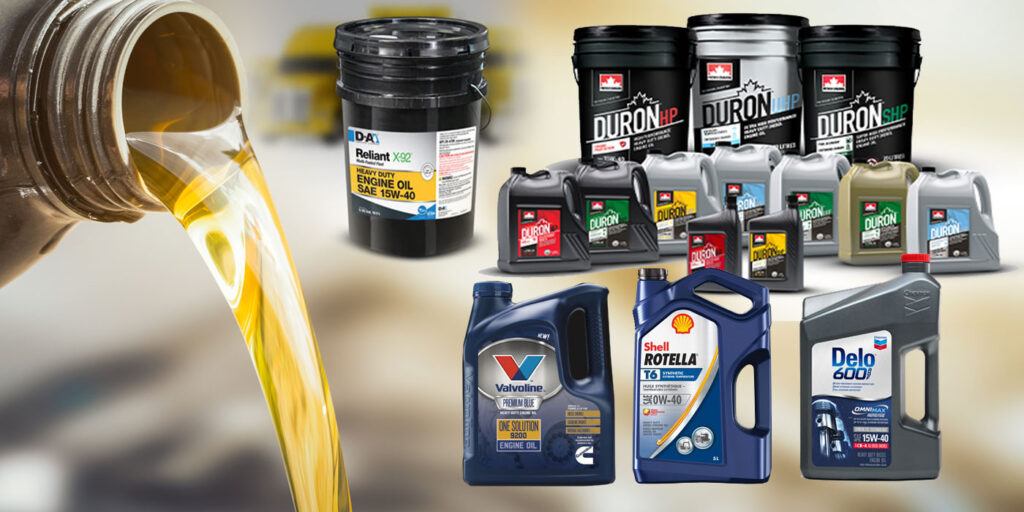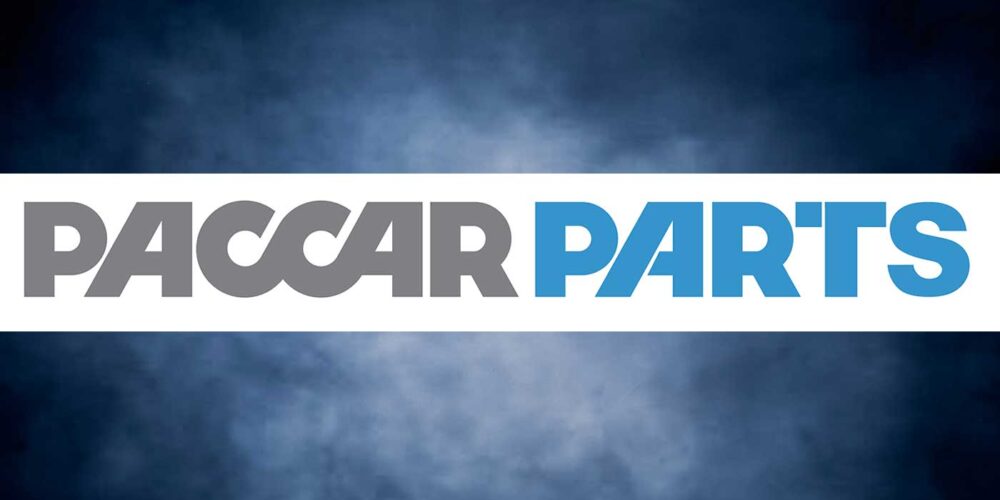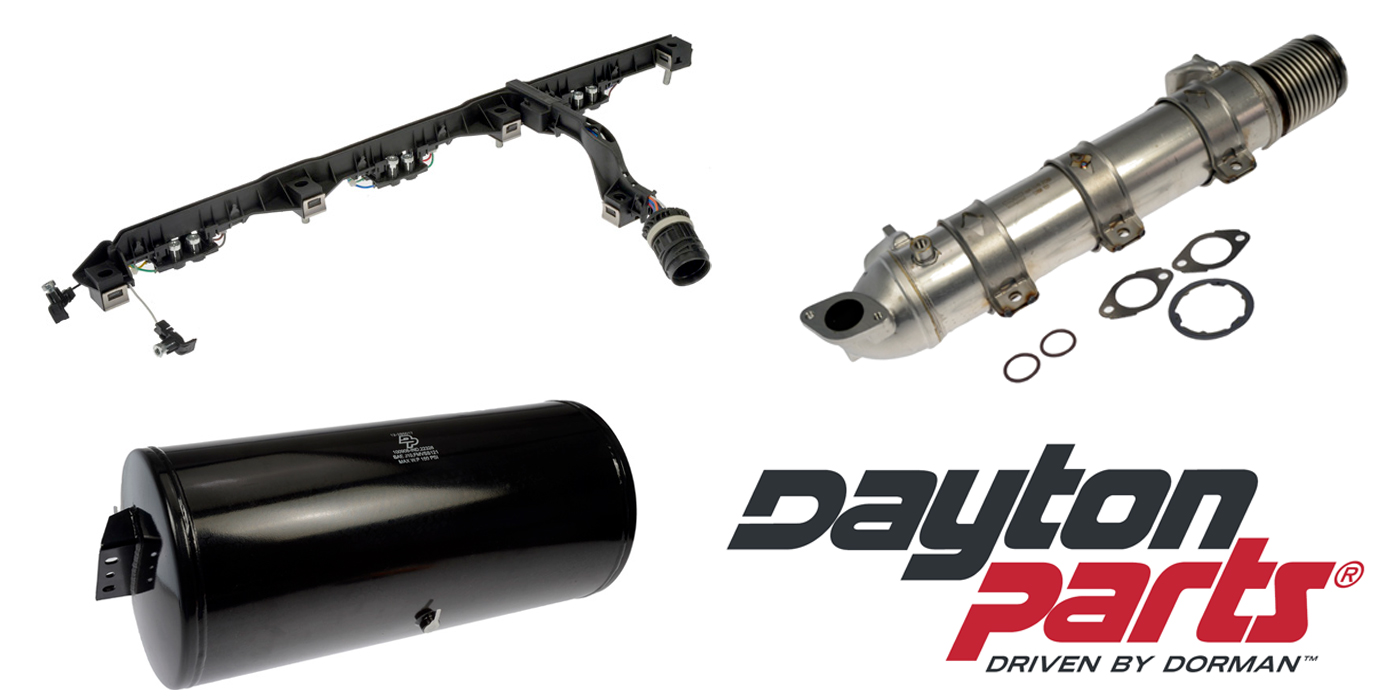If you haven’t updated your oil and lube regime lately, there’s a good chance you’re letting a significant amount of cash – ahem – slip away, in the form of less efficient trucks. Oils are constantly evolving, with lubricant companies coming up with new, advanced formulations that meet stricter standards and squeeze out better engine efficiencies all the time. With the lubrication landscape changing at such a rapid pace, it’s worth giving your provider a call every now and then to see what new sustainable solutions might have gone unnoticed.
For example, Darryl Purificati, OEM technical liaison at HollyFrontier Lubricants and Specialties, which includes the Petro-Canada Lubricants brand, touts Petro-Canada’s Duron Advanced 10W-30 and 5W-30 oils, which he says have been designed to improve fuel efficiency.
“Both formulations are API FA-4 heavy-duty engine oils and are subjected to the same rigorous API test qualification program required of qualifying API CK-4 products,” he says. “Reduced ash content supports compliance with emission regulations. All Duron products have contained a maximum of 1.0 wt.% of ash content to improve emissions system compatibility – particularly with regards to reducing plugging of diesel particulate filters.”
One of Chevron’s latest lubricant innovations – Delo 600 ADF 15W-40 ultra-low ash engine oil – is actually the result of a challenge posed to the company by one of its engine-building customers all the way back in 2007.
“Before 2007, they were still trying to figure out how to integrate the DPF into the system, and it was very obvious at that time that in order to make these things work effectively, changes would need to be made to the lube oil,” says Shawn Whitacre, senior staff engineer at Chevron. “So, [the customer] said ‘what can you do to really push the boundary on that?’ And that seed of a recommendation really evolved into a robust, finished lube.”
Whitacre says while lower-viscosity engine oils have been a pathway to improved efficiency – especially in heavy-duty diesel engines – for the last 10 years, Delo 600 ADF 15W-40 helps the vehicle retain fuel economy throughout its life. This is done using what he calls “Ultra Low Ash Technology,” which allows the lubricant to be formulated using 60% less metallic, ash-forming components compared to a typical CK-4 oil in the market today.
“It’s very robust in preventing deposit formation, which can lead to higher oil consumption. So, you’re getting two avenues toward reducing ash accumulation in the DPF: You have less metal and less oil consumption, and that contributes to a significantly lower accumulation rate in that DPF,” Whitacre says. “The benefits to that are two-fold. One is the less ash that accumulates in that device, the less often you have to maintain it. Also, by keeping that DPF clean, you’re helping retain the fuel efficiency performance like when the vehicle was brand new. Our systematic testing that I conducted shows that by using an ultra-low ash fluid, you’re able to retain and provide a 3% lifetime fuel efficiency advantage, which is tremendous, and that’s on top of gains being added from using lubricants of a lower viscosity.”
Valvoline recently introduced its Premium Blue One Solution Gen2 solution to the marketplace. Jeff Torkelson, senior technical director, commercial and industrial lubricants at Valvoline, describes the product as the company’s premiere heavy-duty engine oil that is designed to be used for diesel-, natural gas- and gasoline-fueled vehicles.
“It can help total cost of ownership with our customers by providing opportunities to consolidate products at the shop, and also carries extended drain capability in Cummins diesel and natural gas engines,” Torkelson says. “We move forward alongside the OEMs as they develop new hardware technologies. When the Engine Manufacturers Association recently asked for a new heavy-duty engine oil category to be ready to support them in 2027, work had already begun at Valvoline to meet the needs.”
D-A Lubricant’s Reliant X-92 is one of the company’s latest solutions for multi-fueled fleets containing diesel, gasoline and processed natural gas (CNG/LPG/LNG) engines. Ken Tyger, national director of gas recovery systems and PennGrade 1 consultant at D-A Lubricant Co., says the product was formulated with today’s innovative transportation industry in mind, and “is the answer for those seeking consolidation of mixed fleet engine lubricants, while providing all-season performance and superior hardware protection.”
“It is approved for the latest Cummins Engineering Standard CES 20092 and is an officially licensed API CK-4 / SN oil, which means you can use the same product in your processed natural gas fueled engines, traditional heavy-duty diesel engines, and any passenger car with a gasoline-powered engine you may have in your fleet,” Tyger says. “So, you literally have three lubrication regimes covered in one lubricant.”
Shell’s high-quality, low-viscosity Rotella engine oil is formulated with friction-reducing additives to cut mechanical loss and help improve efficiency, and therefore reduces emissions, according to Selda Gunsel, vice president, global commercial technology, Shell.
She says Shell’s trucking customers are actively reducing their net carbon footprint by purchasing advanced synthetic Shell Rotella lubricants, which are carbon neutral.
“We have looked at the full lifecycle emissions of our premium lubricants products by avoiding, reducing and offsetting emissions. For example, since 2016 globally we have reduced the carbon intensity of our lubricants manufacturing by over 30%,” Gunsel says. “We have also reduced packaging waste from our lubricants and increased the scale of our use of recycled materials and more sustainable packaging. And, until we have scalable solutions to avoid emissions, we have used our global portfolio of nature-based carbon credits to compensate for CO2 emissions from their entire lifecycle.”














